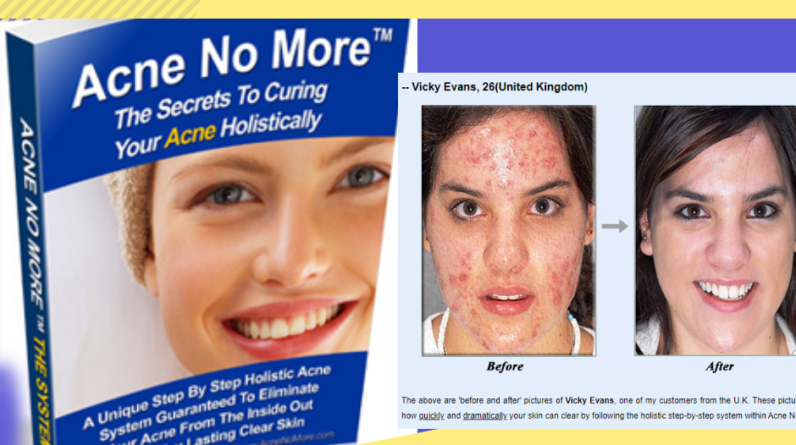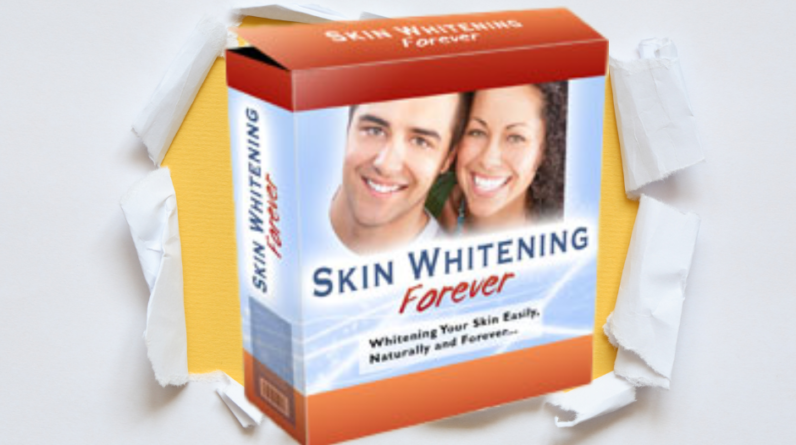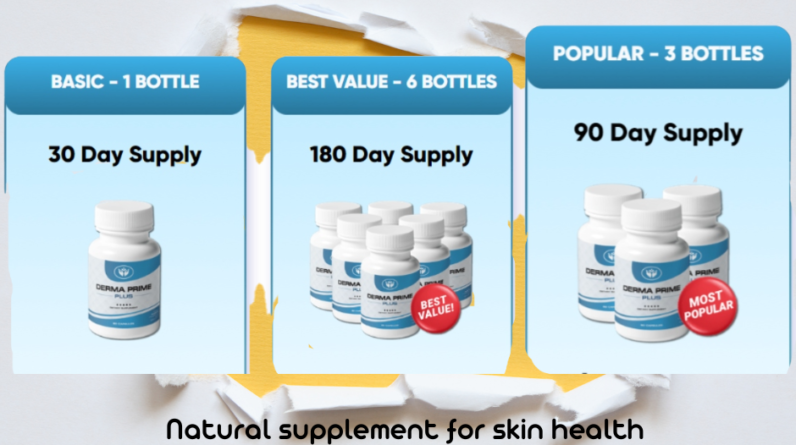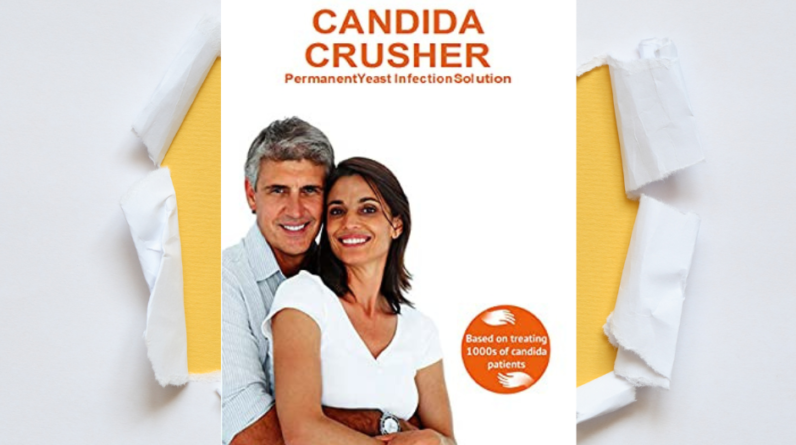
Acne is a skin condition that affects people of all ages, genders, and ethnicities. It occurs when hair follicles become clogged with oil and dead skin cells, leading to the formation of pimples, blackheads, and whiteheads. While acne is not a life-threatening condition, it can cause emotional distress and affect a person’s self-esteem. Fortunately, there are many acne treatments and remedies available to help manage and prevent breakouts. In this article, we’ll explore some of the most effective treatments and remedies for acne, with a focus on diet and lifestyle changes.
Acne Treatments
1. Topical treatments
Topical treatments are medications that are applied directly to the skin. A doctor can prescribe topical treatments or people can purchase them over-the-counter. Topical treatments work by reducing inflammation, unclogging pores, and killing acne-causing bacteria. Some common topical treatments for acne include:
Benzoyl peroxide
This medication kills bacteria and helps unclog pores. Consumers can purchase this medication in different strengths from many over-the-counter acne products. Neutrogena Rapid Clear Stubborn Acne Spot Treatment Gel and AcneFree Terminator 10 Acne Spot Treatment are two acne treatments that contain benzoyl peroxide.
Salicylic acid
This medication helps unclog pores and exfoliate the skin. We can find different strengths of the medication in many over-the-counter acne products.
Retinoids
These medications help unclog pores and reduce inflammation. They are available in different strengths and require a prescription from a doctor.
2. Oral medications
Oral medications are medications that are taken by the mouth. The doctor prescribed them for moderate-to-severe acne. Oral medications work by reducing inflammation, unclogging pores, and killing acne-causing bacteria. Some common oral medications for acne include:
Antibiotics
These medications kill bacteria and reduce inflammation. We typically use them for moderate-to-severe acne and require a prescription from a doctor.
Birth control pills
These medications regulate hormones and can treat acne to women. They require a prescription from a doctor.
Isotretinoin
This medication is a powerful oral retinoid that is used to treat severe acne. It requires a prescription from a doctor and is associated with several potential side effects.
3. Procedures
Procedures are medical treatments that are performed by a doctor or dermatologist. They can treat severe acne that does not respond to other treatments. Some common procedures for acne include:
Chemical peels
This procedure involves applying a chemical solution to the skin to exfoliate and unclog pores.
Light therapy
This procedure uses different light to reduce inflammation and kill acne-causing bacteria.
Extraction
This procedure involves using a tool to remove pimples and blackheads from the skin.
Acne Remedies
1. Diet
Diet plays a significant role in the development of acne. Eating a balanced diet that is rich in whole foods can help reduce inflammation and prevent breakouts. Some foods that are beneficial for clear skin include:
Fruits and vegetables
These foods are rich in antioxidants and can help reduce inflammation.
Whole grains
These foods are high in fiber and can help regulate hormones.
Lean protein
This includes foods like chicken, fish, and beans, which are high in nutrients and can help support healthy skin.
On the other hand, there are also foods that can trigger acne breakouts. Some foods to avoid for clear skin include:
Dairy
Dairy products can trigger hormonal changes that lead to acne breakouts.
Processed foods
These foods are often high in sugar and can cause inflammation.
High-glycemic index foods: These are foods that are quickly broken down into sugar in the body, such as white bread, pasta, and sugary drinks. They can cause a spike in insulin levels, which can lead to acne breakouts.
2. Lifestyle changes
Besides diet, there are several lifestyle changes that can help prevent and manage acne. Some of these include:
Exercise
Regular exercise can help reduce stress and inflammation, which can contribute to acne breakouts.
Stress management
Stress can trigger hormonal changes that lead to acne breakouts. Practicing stress management techniques such as meditation, deep breathing, and yoga can help reduce stress and improve overall health.
Skincare
Proper skincare is essential for preventing and managing acne. This includes washing the face twice a day with a gentle cleanser, using non-comedogenic moisturizers, and avoiding harsh scrubs and abrasive exfoliants.
3. Natural remedies
In addition to conventional treatments, there are also several natural remedies that can manage acne. These include:
Tea tree oil
This essential oil has antibacterial and anti-inflammatory properties and can be applied topically to the skin to reduce acne breakouts.
Aloe vera
This plant has anti-inflammatory properties and can be used topically to soothe and heal acne.
Green tea
This tea is rich in antioxidants and can help reduce inflammation and improve overall skin health.
Foods to eat and avoid for clear skin
As mentioned earlier, diet plays a significant role in the development of acne. Eating a balanced diet that is rich in whole foods can help reduce inflammation and prevent breakouts. Some specific foods to eat for clear skin include:
Fruits and vegetables
These foods are rich in antioxidants and can help reduce inflammation. Some good options include berries, leafy greens, and carrots.
Whole grains
These foods are high in fiber and can help regulate hormones. Some good options include quinoa, brown rice, and whole wheat bread.
Lean protein
This includes foods like chicken, fish, and beans, which are high in nutrients and can help support healthy skin.
On the other hand, there are also foods that can trigger acne breakouts. Some foods to avoid for clear skin include:
Dairy
Dairy products can trigger hormonal changes that lead to acne breakouts. Some alternatives include almond milk or soy milk.
Processed foods
These foods are often high in sugar and can cause inflammation. Instead, choose whole, unprocessed foods.
High-glycemic index foods
These are foods that are quickly broken down into sugar in the body, such as white bread, pasta, and sugary drinks. They can cause a spike in insulin levels, which can lead to acne breakouts. Opt for low-glycemic index foods instead, such as sweet potatoes or quinoa.
Conclusion
Acne is a common skin condition that can be managed with a combination of treatments and remedies. Topical treatments, oral medications, and procedures can all be effective for managing acne, while diet, lifestyle changes, and natural remedies can help prevent breakouts. By eating a balanced diet that is rich in whole foods, managing stress, and practicing proper skincare, it is possible to achieve clear, healthy skin. Remember to avoid trigger foods like dairy and high-glycemic index foods and opt for alternatives that support skin health. With consistent effort, it is possible to manage and prevent acne for clear, healthy skin.







